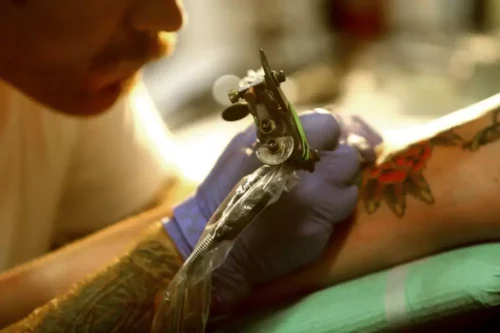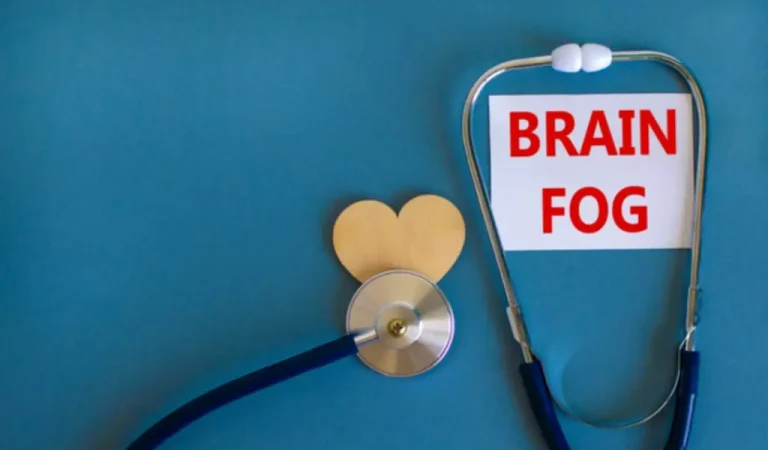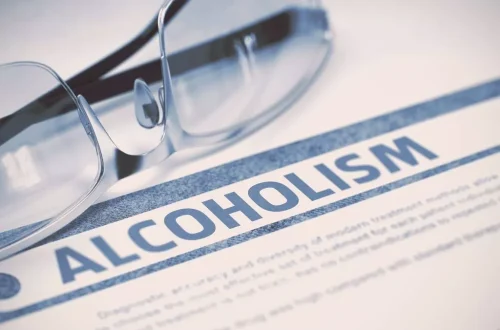
Other counselors might want to work more broadly with mental health and addiction. They should review the requirements to obtain a clinical mental health counseling license. All would do well to look at the state requirements where they are interested in working.
Our Graduate School
CADC certification is generally recognized in many states, but each state has its own specific requirements and regulatory body. It’s important to check the details with the certification board in the state where you intend to practice. Many of these programs require students to complete an internship, as well as a thesis or capstone project. Courses and internship experiences offered at the Hazelden Betty Ford Graduate School are designed for substance use and mental health licensure. Use these free digital, outreach materials in your community and on social media to spread the word about mental health.
The skills you’ll need to succeed in the role
CADC professionals are trained to assess and diagnose substance use disorders, develop effective treatment plans, and conduct both individual and group therapy sessions. They play a critical role in the recovery process by supporting individuals in overcoming addiction and maintaining sobriety. This addiction studies certificate includes seven core courses that explore evidence-based treatments, comorbidity, psychopharmacology and multicultural counseling. Upon completion, you can apply for an entry-level license or pair with other behavioral health degrees, such as a master’s in counseling, psychology or social work to receive dual licensure. This master’s is made up of 33 credit hours of addiction-related courses, a six-credit-hour practicum and a six-credit-hour applied project.

Work Experience Hours

If a student knows what education they need to attain before they graduate, they will likely be able to meet those requirements here at the Graduate School. In this role, you can choose to specialize in treating general drug or alcohol abuse, or focus on specific addictive behaviors. As a substance abuse and addiction counselor, you’ll be able to provide hope for many people dealing with these difficulties. Before beginning any type of counseling or treatment, substance abuse and addictions counselors must be certain that their clients are sincere in their desire to break their patterns and discontinue recurrences of substance abuse. Without this desire, neither the addict nor the therapist will likely be able to accomplish much other than wasting a lot of time.
- Understanding the economic landscape and the societal impact of their work can help guide their decisions in choosing appropriate degree programs and certifications.
- The Graduate School continues to monitor the education and experience requirements around the country.
- An addiction counselor, also known as a substance abuse counselor, is a professional trained to assist people who struggle with any kind of addiction.
- Grand Canyon University can make no guarantees on individual graduates’ salaries.
- Ben Lesser is one of the most sought-after experts in health, fitness and medicine.
- As of May 2023, the median annual wage for substance abuse, behavioral disorder, and mental health counselors was reported to be $53,710, according to the BLS.
Counseling Programs
- According to the program’s variable-length treatment protocol, each unexcused absence extends by 2 to 4 weeks the time required for program completion.
- Check with the licensing board for the state in which you plan to practice and evaluate its requirements.
- Many substance abuse counselors also choose to work toward additional certifications and/or higher education.
- Whether you want to go right into the workforce or plan to enroll in grad school, it’s a good idea to choose an undergraduate program that directly relates to this field.
- Again, our program can be completed in just six months and not over the course of several years as with many comparable university programs.
In the intake interview and in drug counseling, the importance of clients arriving on time at sessions is emphasized. Clients are instructed not to come to the clinic within 12 hours of any alcohol or other drug use. If a client arrives showing clear-cut behavioural signs of intoxication (e.g., slurred speech, uncoordinated movements, breath smelling of alcohol), he or she is asked to leave the premises and return the next day. An intoxicated client can be taken home by a family member for drug counseling if a counsellor suspects that he or she is severely impaired. According to the program’s variable-length treatment protocol, each unexcused absence extends by 2 to 4 weeks the time required for program completion.
What does a substance abuse counselor do?
According to the National Survey on Drug Use and Health, about 15 percent of Americans 18 or older needed treatment for substance abuse (now more appropriately called “substance use disorder”) in 2020. The same report found that less than 10 percent of people who needed treatment for substance use disorder received it. The need for well-trained substance abuse counseling counselors who can diagnose, assess and treat addiction is greater than ever—for those who have never received treatment and for the millions of people who benefit from counseling services every day. Bureau of Labor Statistics (BLS), Substance Abuse, Behavioral Disorder and Mental Health Counselors as of May 2023, retrieved May 24, 2024.

Becoming an Addiction Counselor: Review

